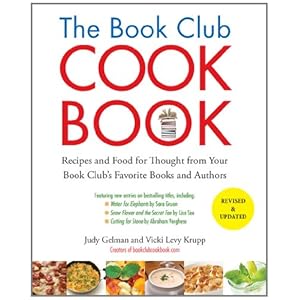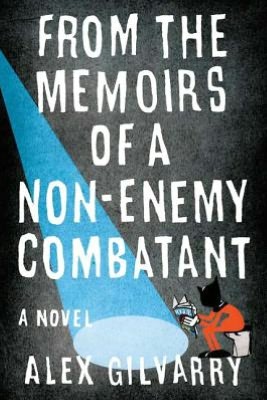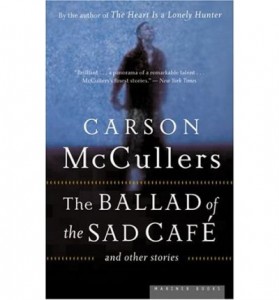--The blurb--
"At the height of Milton Okun's career, a critic wrote, "Of all producers, Milton Okun's range is the widest, from Placido Domingo to the Muppets". Conductor for Harry Belafonte, arranger and producer of Peter, Paul and Mary, and the man who brought John Denver to stardom and produced his most loved hits, Okun also founded Cherry Lane Music, publisher of Elvis and Dreamworks, among many other household names. He achieved great success in many different fields - often, as he tells it, almost by accident. And yet he expected to spend his entire working life as a music teacher in New York City public schools. From the Weaves to will.i.am and the Black Eyed Peas, Milton Okun has been a central figure in the continuing story of our musical heritage, his career ranging from the folk revival to the new technological landscapes of the twenty-first century. Along The Cherry Lane is a portrait of a unique career, told in stories by Okun himself and those who have been a part of his remarkable life in music."
--The review--
As a lover of all kinds of music (my iTunes library goes from Aaron Copland and Abba to Yann Tiersen and Yes, stopping via Mozart and Morcheeba), I was keen and curious to read a memoir of someone who'd had the honour of working with Placido Domingo AND the Muppets. In addition, I'm also a huge fan of "behind-the-scenes" type topics (only the other day I was scouring blog entries by those who'd participated in reality TV show Come Dine With Me), so to have the curtain lifted, allowing us to see the tough everyday details of the music industry, was equally appealing. As an aspiring writer, Milt Okun also epitomises what I consider to be the ideal kind of fame: people know who you are and respect you and your work, but don't mob you every time you go to the supermarket. In short, his autobiography, told with the help of his son-in-law Richard Sparks, ticked a lot of boxes.
Furthermore, I was not disappointed by this highly readable oeuvre. While the 'interview' style in which it is written, with its frequent interjections from co-workers and family members, takes some getting used to, it also marks Along The Cherry Lane as a unique form of memoir - rather than being ghostwritten by a desperate hack, Richard Sparks not only knows Okun as a family member but is also sensitive to the industry in which the great man works, having worked himself in TV, theatre, and the writing of lyrics, which combines to create a tautly-told tale of Okun's life.
As well as containing touching anecdotes from his personal life (such as his encounters with former students who remember him fondly, or the moment at the end of the book, when Milt realises that his wife is the one for him through their shared feeling of being underwhelmed by Maria Callas' musical abilities), the interviews are full of stories about the personalities of well-loved stars such as Harry Belafonte, without being gossippy or bitchy. It also brings to light surprises about the industry itself that, on reflection, are not really that surprising (that, for instance, some of his successful acts in fact could not sing that well, or that some singers worm their way into being credited with writing songs, alongside the real songwriters, just to receive more royalties) but help to give us a more honest view nonetheless, in a way that I suspect to be rare in autobiographies by other music moguls (can you see Simon Cowell being this honest about the likes of his Autotuned protégés?).
Even if you had not heard of all of Milton Okun's acts, or are not impressed or intrigued by them once you do know of them (I can't say I'll be checking out the apparently limited Peter, Paul and Mary anytime soon), there will be something in there for you, whether you're an Elvis fan or a Dreamworks aficionado (yes, he has really worked with these big names). But what really gives the book its heart is Milt Okun's modesty - despite his clear success, he feels it is just down to knowing the right people, and being in the right place at the right time, almost more than his manifest talent. The warmth exuded by his family members, artists on his books, and former students is also testament to the impact he has made on others through his patient personality.
It also can't have been the easiest book to write; to write about someone while they are still alive, and to make an assessment of their career, life and personality, and to do it well, is no mean feat. This is not to mention the hybrid format of something that is not quite biography and not quite autobiography, as well as an interview. But Richard Sparks fulfils his brief more than successfully, and Along The Cherry Lane, by its end, fills its readers with a greater knowledge of and (in some cases) passion for the music industry and its artists than they had at the start - and encourages them to check out even more of Sparks' and Okun's work and achievements.
Other work by Richard Sparks
Diary of a Mad Poker Player (2005)





![8090-3.png [image]](http://collateral.prmax.co.uk/collateral/16159.png)















